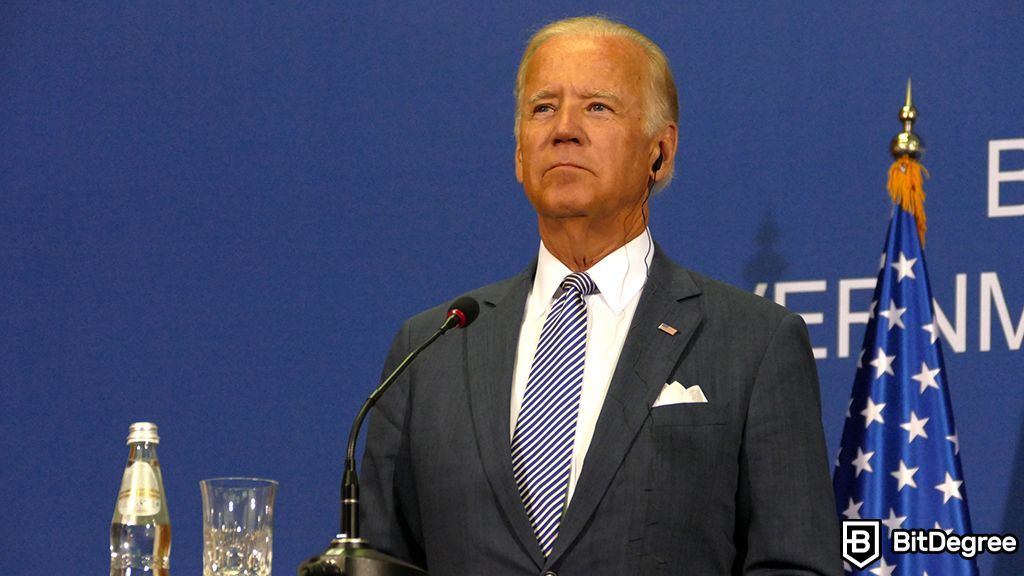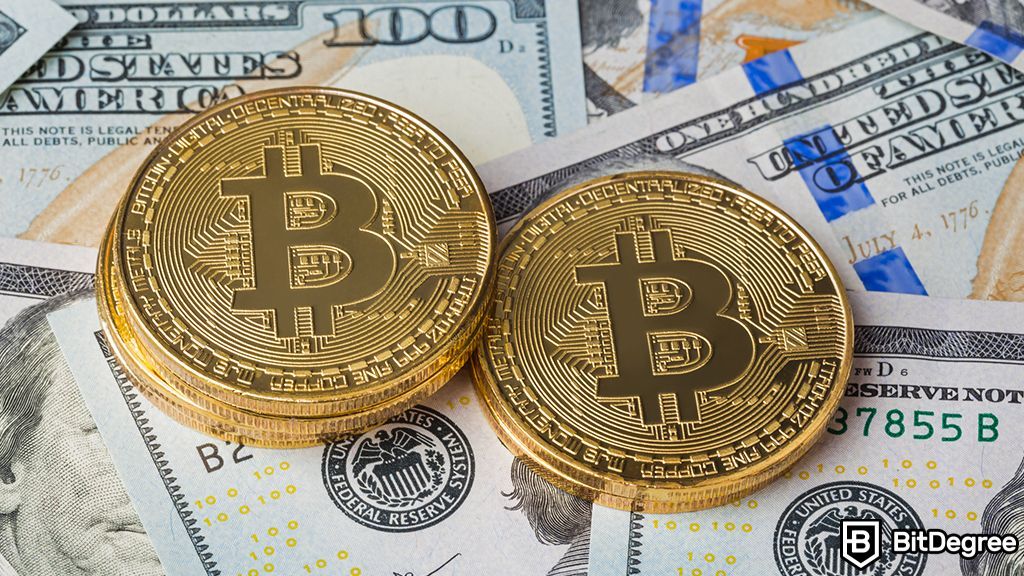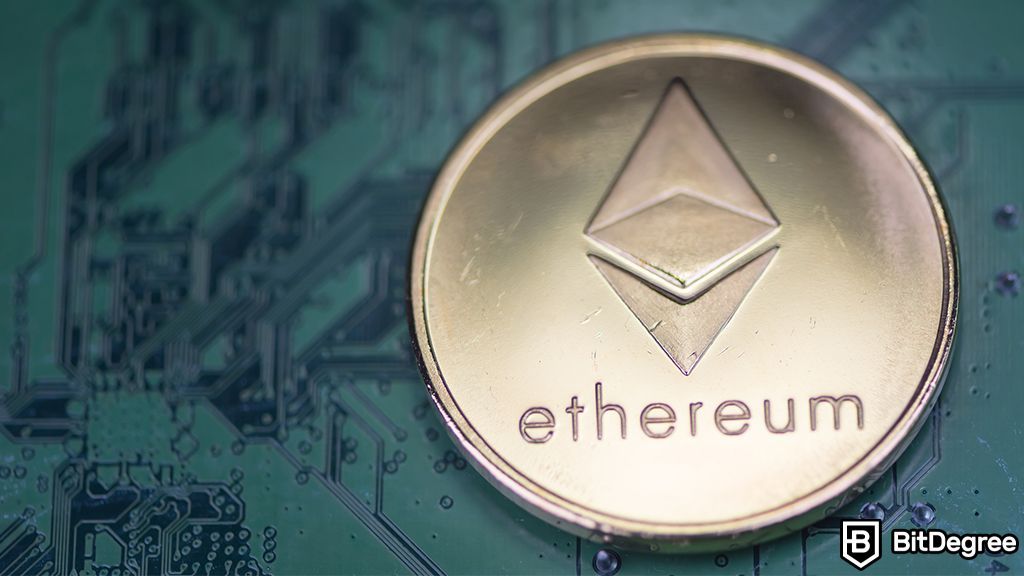One of the experts claimed that "stablecoins will happen regardless of whether we want them to happen or not."
The United States House of Representatives recently witnessed an intense discussion revolving around two different legislative proposals for stablecoins regulations.
The discussion was hosted by the newly formed Subcommittee on Digital Assets, Financial Technology, and Inclusion, part of the House Committee on Financial Services.

Did you know?
Want to get smarter & wealthier with crypto?
Subscribe - We publish new crypto explainer videos every week!
What is a Rug Pull in Crypto? (Meaning + Examples)


The first proposal, introduced by the Republicans, had already been presented at a hearing dedicated to stablecoin regulation held by the Financial Services Committee in April.
The second bill was a counter-proposal led by Maxine Waters, which was based on a previously introduced but unsuccessful bill from the last Congressional session.
One of the core points of contention during the hearing was whether stablecoin regulation should be governed at the state or federal level.
The Republican-backed bill proposed that stablecoin operators could select the state in which they register, bypassing the need for Federal Reserve Board oversight. The bill's advocates believe that the approach would help prevent a "race to the bottom" and reflect the existing two-tiered federal/state banking regulatory system.
In opposition, Democrats weren't convinced by this argument. They support the Democrat-led bill that puts stablecoin regulation squarely under federal jurisdiction, assigned to an appropriate regulatory body.
During the hearing, a partner at Davis Polk & Wardwell, David Portilla, suggested a potential middle ground:
Federal regulation of stablecoin issuers would offer more uniform, consistent rules, whereas state regulation could promote more diversity and innovation in regulation and supervision. The answer to this question need not be binary.
Another highlight of the debate was the national interest in stablecoin regulation. The member of the Republican party Brad Sherman, a known crypto-skeptic, argued that a dollar-backed stablecoin could pose a threat to the fiat dollar, potentially undermining US sanctions' effectiveness.
Matt Homer of venture capital firm The Department of XYZ highlighted that "stablecoins will happen regardless of whether we want them to happen or not."
Agreeing with this stance, pro-crypto legislator Warren Davidson remarked:
Often, they <stablecoin developers> are fleeing our shores to find certainty. So it would be great if we’d provide some.
In other stablecoin-related news, the stablecoin issuers have reportedly spent over $1 million on lobbying US authorities since the beginning of 2022.

























